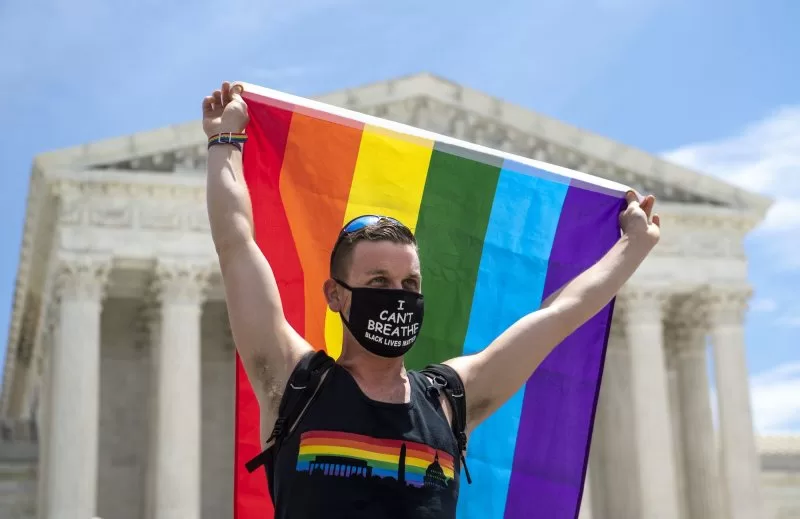Sept. 13 (UPI) — An appeals court Thursday ruled against a challenge to Colorado’s ban on conversion therapy for minors, saying the state can continue to prohibit the controversial anti-LGBTQ intervention.
In a 2-1 decision, the 10th Circuit Court of Appeals ruled the prohibition does not impinge free speech nor does it target religion. The ban aligns with the medical consensus that conversation therapy is “ineffective and harmful” and “rationally serves” the interests of the state to protect minors, the court said.
“We thus have no trouble concluding the [Minor Conversion Therapy Law] is rationally related to Colorado’s interest in protecting minor patients seeking mental healthcare from obtaining ineffective and harmful therapeutic modalities,” Judge Veronica Rossman, a President Joe Biden appointee, wrote in the ruling.
Judge Nancy Moritz, a President Barack Obama appointee, agreed with Rossman, while Judge Harris Hartz, an appointee of President George W. Bush, dissented.
The ruling was celebrated Thursday by the National Center for Lesbian Rights, which described the ban as protecting minors from serious harm by those attempting to change their sexual orientation or gender identity.
“These discredited practices, which falsely promise to be able to change a young person’s sexual orientation or gender identity, have been rejected as unsafe by every major medical and mental health organization in the country,” Chris Stoll, senior staff attorney at the National Center for Lesbian Rights, said in a statement.
“The 10th Circuit has joined numerous other federal courts in affirming that states can require licensed mental health providers to comply with professional standards prohibiting these harmful and unnecessary practices.”
Since 2019, The Centennial State has banned mental healthcare providers from performing conversion therapy, meaning efforts to change an individual’s sexual orientation, on those 18 years of age or younger. Those who violate the law are subject to disciplinary action by the appropriate licensing board.
Kaley Chiles, a Christian and licensed professional counselor in the state, sued Colorado in federal court in 2022, claiming the conversation ban violates her free speech and targets Christians — which the district court rejected.
Chiles had argued she intentionally avoided conversations with her clients about conversion therapy because of the law, forcing her to deny counseling that “fully explores sexuality and gender to her clients and potential clients in violation of her and her clients’ sincerely held religious beliefs.”
The appeals court ruled Thursday that there is nothing to suggest that the law aims to infringe or restrict practices because of religion nor does it prevent her from conversing with her clients about conversion therapy, it only prevents her from performing it.
“The MCTL does not prohibit a mental health professional from discussing what conversion therapy is, what her views on conversion therapy are or who can legally provide this treatment to her minor clients,” Rossman wrote. “It only bars a mental health professional from engaging in the practice herself.”
Christian legal advocacy group Alliance Defending Freedom, which represented Chiles in the case, chastised the decision for infringing the speech of not just their client but others like her.
“The government has no business censoring private conversations between clients and counselors, nor should a counselor be used as a tool to impose the government’s biased views on her clients,” Cody Barnet, ADFL counsel said in a statement.
“We will consider all options to stop the unlawful attempt of Colorado officials to ban someone’s speech simply because they disagree with the viewpoints expressed.”
According to the Movement Advancement Project, 23 states and Washington, D.C., have state laws banning conversation therapy for minors.
The American Medical Association states evidence does not support conversion therapy can change one’s sexual orientation and that the practice “may cause significant psychological distress.” It may also “increase suicidal behaviors in a population where suicide is prevalent,” it said
